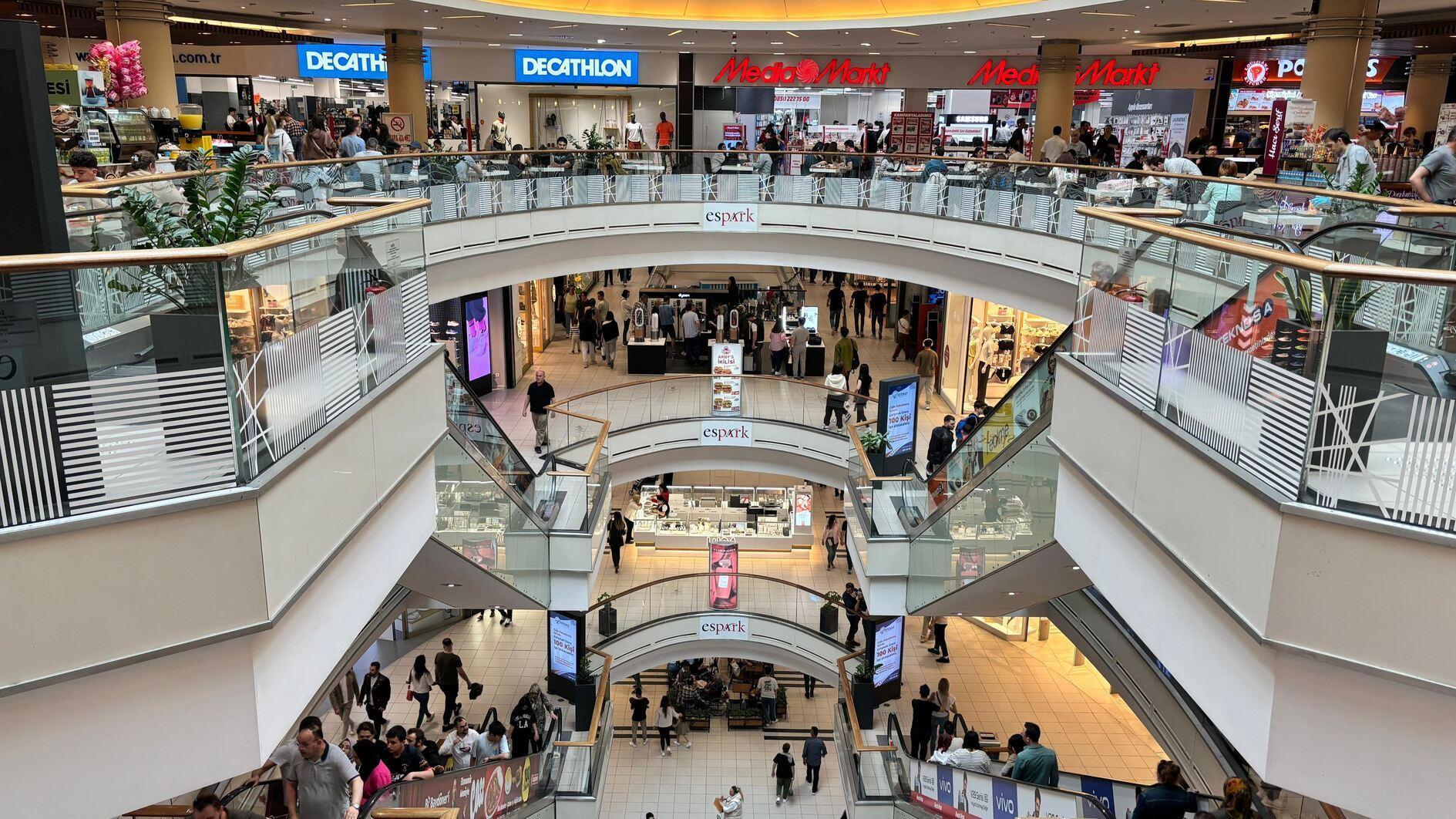Former Turkish President Demirel establishes museum for his 40 years in politics
Over 2,000 visitors from all around Turkey and abroad gathered in the village of İslamköy in the western town of Isparta on Oct. 26, for the opening of the “Democracy and Development Museum” by former President Süleyman Demirel, four days ahead of his 90th birthday.
This is worth mentioning, not only because it is the first example of a president opening up his term to be transparent for all who want to use the museum. Along with some 46,000 books, the museum contains documents about Demirel’s 40 years in active Turkish politics, not only his time as president.
He entered politics in his early thirties. Being a poor village boy, he made his way up to the Civil Engineering department of the Istanbul Technical University thanks to the public education model of the young Turkish Republic and started to work as a water engineer. One of the first projects he took part in was the irrigation project of his İslamköy village in 1960, which is still in use by farmers here.
An Eisenhower Fellowships exchange program had opened up his vision about what could be done for a developing economy, and he would go on to be nicknamed the “King of the Dams” in his future political career.
His career wasn’t only about developing the economy, but also about developing democracy. He got into politics in 1961, right after the military coup that had taken place a year before.
To cut a long story short, Demirel would himself be toppled by the military twice, in 1971 and 1980. By the time he was elected by Parliament as the Turkish Republic’s 9th president in 1993, for a seven year term until 2000, he had already lost his prime ministerial chair six times (twice taken by the military), winning it back seven times.
He could have opened up the new museum in the Turkish capital Ankara, or in the country’s biggest city, Istanbul. But Demirel wanted to bring whoever wants to study and learn about a nearly half-century cross-section of Turkish democracy and development to come and see his home village.
“I want to give the message to the Turkish youth that if I could succeed, you can succeed, too,” Demirel said in his speech at the opening. “This was all possible thanks to Mustafa Kemal Atatürk and our Republic that he had established. We owe all these things to Atatürk, as well as our democracy struggle to make our Republic better for our people.”
While welcoming visitors, he said he regarded their presence in his home village not as a present for his upcoming birthday, but as a present for the 91st birthday of the Republic on Oct. 29.











